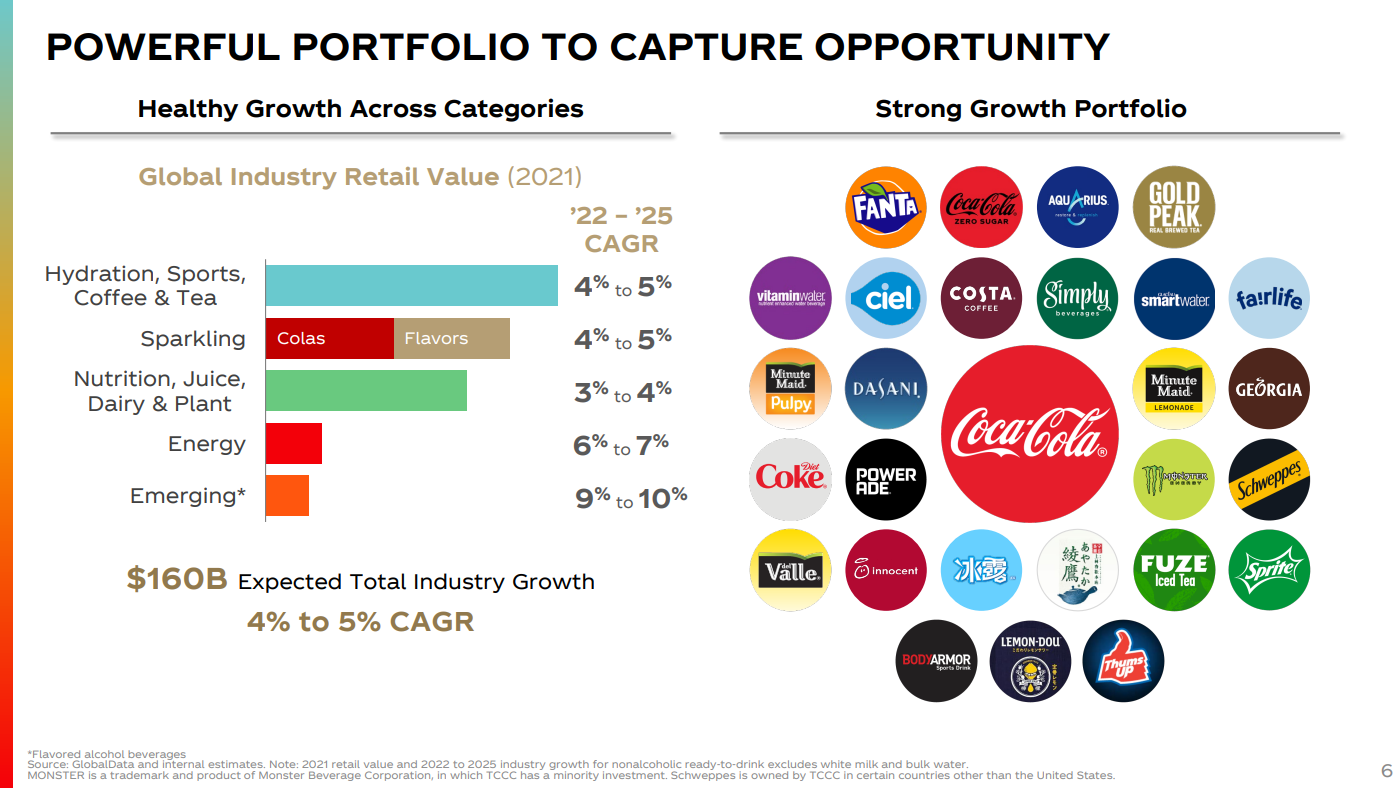There’s something about going to the beach, squishing your toes in the sand and watching the ocean waves break under the warm sun. You go and you play without a care in the world. Time spent near the ocean can be incredibly relaxing and refreshing.
It’s no wonder then that the earth’s surface is about 70% water. That’s more surface area than we inhabit as human beings, and it does so much for us.
Climate regulation and our breathable air rely heavily on our beautiful large bodies of water. In fact, 50% of the world’s oxygen is produced by the ocean, and it stores 50 times more carbon dioxide than our atmosphere. It also moves heat from the equator to the poles for climate and weather pattern regulation. Simply put, if you enjoy breathing and the proper change of seasons, then we need to do our best to help protect our oceans.
That said, our climate and atmosphere aren’t the only things we count on the ocean for. We also need them for transportation, global economies, food sources, medicine and, of course, recreational fun.
If we rely this heavily on our oceans, then it becomes critically important for us to take care of them. Even the smallest step can make the biggest difference.
Here’s how you can help today to support World Ocean Day on June 8:
You Brought it, Take it Home Too
Everything you bring to the beach with you should also leave the beach with you. Absurd amounts of trash get blown into the ocean simply because people at the beach didn’t clean up after themselves.
Do your best to avoid bringing plastics and glass to the beach, so it doesn’t end up in the ocean and no one gets hurt by broken glass. If you must bring these items, then it’s your responsibility to ensure all is kept with you and taken home when you leave.
Use Safe Sunscreen
Some sunscreens contain certain chemicals that are deemed harmful to our marine life and ocean reefs. According to savethereef.org, there are chemicals you should avoid, and you can look for them on the active ingredients list found on your sunscreen label.
Here’s what you should look for NOT to use:
- Oxybenzone
- Octinoxate
- Octocrylene
- Homosalate
- 4-methylbenzylidene camphor
- PABA
- Parabens
- Triclosan
- Any nanoparticles or “nano-sized” zinc or titanium
- Any form of microplastic, such as “exfoliating beads”
Stick with lotions instead of spray sunscreens, as spray sunscreens could be harmful to your surrounding area and to you directly if inhaled.
Reduce Pollutants
Eighty percent of pollution to the marine environment comes from the land. One of the biggest sources is called nonpoint source pollution, which occurs as a result of runoff. Nonpoint source pollution includes many small sources, like septic tanks, cars, trucks and boats, plus larger sources, such as farms, ranches, and forest areas. Nonpoint source pollution can make river and ocean water unsafe for humans and wildlife. In some areas, this pollution is so bad that it causes beaches to be closed after rainstorms.
To help reduce nonpoint source pollution, try carpooling or taking public transportation when you need to go somewhere. And, if you’re on the water make sure you’re practicing safe boating by anchoring in sandy areas and obeying “no wake” laws.
Using environmentally friendly resources, like bamboo, is a great way to help as well. Bamboo never has to be uprooted or reseeded after harvesting, and it doesn’t use harmful chemicals or herbicides, it helps retain and improve soil health and prevents dangerous water or chemical runoff that can pollute our oceans and waterways.
Volunteer for Clean-Up

Get in touch with your local community and see when the next beach or ocean clean-up is, or you can visit volunteercleanup.org and search the area around you to find the nearest ocean clean-up event.
Taking an afternoon to volunteer is a great way to help reduce your carbon footprint and to help take care of our blue ocean planet.
You can also check with a Cariloha store near you to see how you can help us strive to make the world a better place with our soft, sustainable products made from bamboo viscose. You can find most of our stores on coastlines and beach fronts, so we understand how important it is to keep the beaches and oceans clean.
Starting small can make more of a difference than you’ll know. So, recycle that bottle, or switch to using sustainably made products. Your contribution is always a step in the right direction. Now is always the best time to start taking care of our planet, so it can continue to take care of us.
References
https://oceanservice.noaa.gov/facts/why-care-about-ocean.html.
https://oceanservice.noaa.gov/ocean/help-our-ocean.html
https://savethereef.org/about-reef-save-sunscreen.html
https://www.volunteercleanup.org/find
















